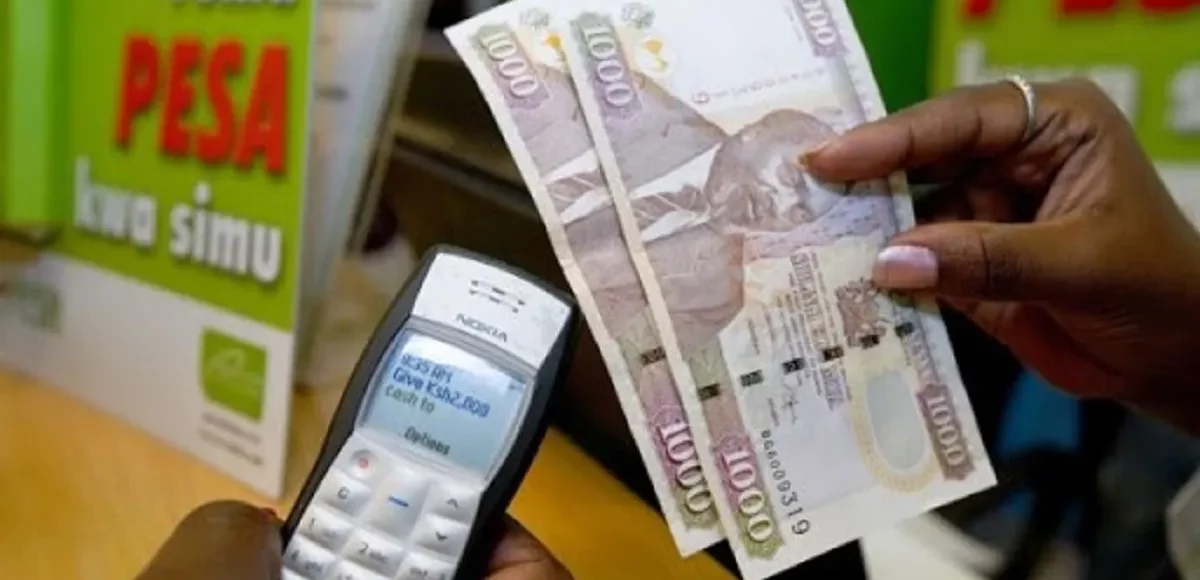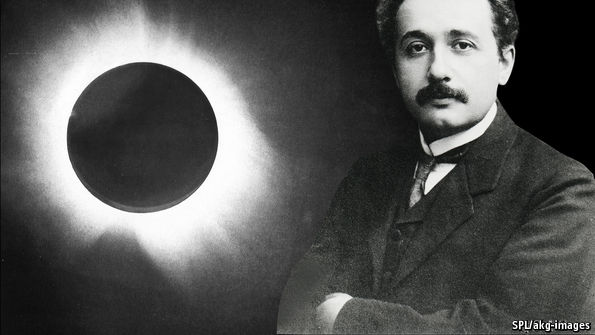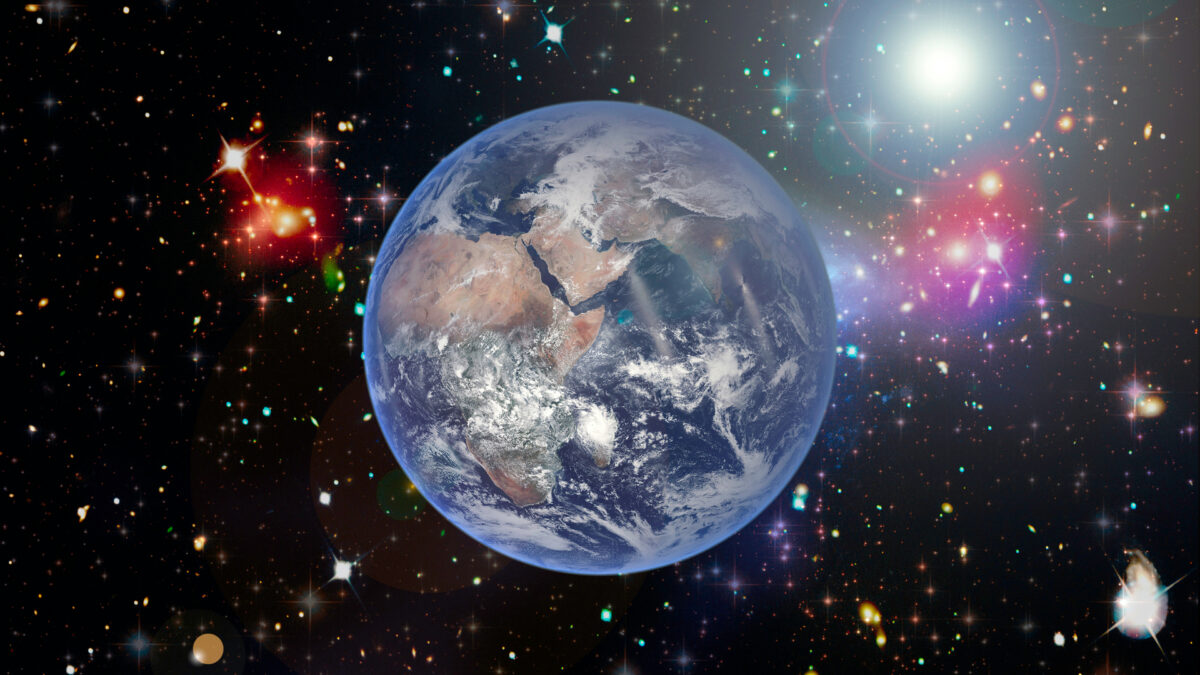The first millennium BC witnessed the appearance of three potentially universal orders, whose devotees could for the first time imagine the entire world and the entire human race as a single unit governed by a single set of laws. Everyone was ‘us’, at least potentially. There was no longer ‘them’. The first universal order to appear was economic: the monetary order. The second universal order was political: the imperial order. The third universal order was religious: the order of universal religions such as Buddhism, Christianity and Islam.
Merchants, conquerors and prophets were the first people who managed to transcend the binary evolutionary division, ‘us vs them’, and to foresee the potential unity of humankind. For the merchants, the entire world was a single market and all humans were potential customers. They tried to establish an economic order that would apply to all, everywhere. For the conquerors, the entire world was a single empire and all humans were potential subjects, and for the prophets, the entire world held a single truth and all humans were potential believers. They too tried to establish an order that would be applicable to everyone everywhere.
During the last three millennia, people made more and more ambitious attempts to realize that global vision. Let us begin with the story of the greatest conqueror in history, a conqueror possessed of extreme tolerance and adaptability, thereby turning people into ardent disciples.
This conqueror is money.
People who do not believe in the same God or obey the same king are more than willing to use the same money. Osama Bin Laden, for all his hatred of American culture, American religion and American politics, was very fond of American dollars.
How did money succeed where gods and kings failed?
In order to understand why, consider a hypothetical case. Assume that when regular trade opened between Mali and the Mediterranean, Malians were uninterested in gold, so it was almost worthless. But in the Mediterranean, gold was a coveted status symbol, hence its value was high. What would happen next? Merchants travelling between Mali and the Mediterranean would notice the difference in the value of gold. In order to make a profit, they would buy gold cheaply in Mali and sell it dearly in the Mediterranean. Consequently, the demand for gold in Mali would skyrocket, as would its value. At the same time, the Mediterranean would experience an influx of gold, whose value would consequently drop. Within a short time, the value of gold in Mali and the Mediterranean would be quite similar. The mere fact that Mediterranean people believed in gold would cause Malians to start believing in it as well. Even if Malians still had no real use for gold, the fact that Mediterranean people wanted it would be enough to make the Malians value it.
Similarly, the fact that another person believes in cowry shells, dollars, or electronic data, is enough to strengthen our own belief in them, even if that person is otherwise hated, despised or ridiculed by us. Christians and Muslims who could not agree on religious beliefs could nevertheless agree on a monetary belief because, whereas religion asks us to believe in something, money asks us to believe that other people believe in something.
That’s how money works. Cowry shells and banknotes have value only in our common imagination. Their worth is not inherent in the chemical structure of the shells and paper, their colour, or their shape. In other words, money isn’t a material reality – it is a psychological construct. It works by converting matter into mind. But why does it succeed? Why should anyone be willing to exchange a fertile rice paddy for a handful of useless cowry shells? Why are you willing to flip hamburgers, sell health insurance or babysit three obnoxious brats when all you get for your exertions is a few pieces of coloured paper?
People are willing to do such things when they trust the figments of their collective imagination. Trust is the raw material from which all types of money are minted. When a wealthy farmer sold his possessions for a sack of cowry shells and travelled with them to another province, he trusted that upon reaching his destination other people would be willing to sell him rice, houses and fields in exchange for the shells. Money is accordingly a system of mutual trust, and not just any system of mutual trust: money is the most universal and most efficient system of mutual trust ever devised.
Why do I believe in the cowry shell or gold coin or dollar bill? Because my neighbours believe in them. And my neighbours believe in them because I believe in them. And we all believe in them because our king believes in them and demands them in taxes and because our priest believes in them and demands them in tithes. We accept the dollar in payment because we trust in the US secretary of the treasury. The crucial role of trust explains why our financial systems are so tightly bound up with our political, social and ideological systems, why financial crises are often triggered by political developments, and why the stock market can rise or fall depending on the way traders feel on a particular morning.
For thousands of years, philosophers, thinkers and prophets have besmirched money and called it the root of all evil. Be that as it may, money is also the apogee of human tolerance. Money is more open-minded than language, state laws, cultural codes, religious beliefs and social habits. Money is the only trust system created by humans that can bridge almost any cultural gap, and that does not discriminate on the basis of religion, gender, race, age or sexual orientation. Thanks to money, even people who don’t know each other and don’t trust each other can nevertheless cooperate effectively.
Money is based on two universal principles:
- Universal convertibility: with money as an alchemist, you can turn land into loyalty, justice into health, and violence into knowledge.
- Universal trust: with money as a go-between, any two people can cooperate on any project.
These principles have enabled millions of strangers to cooperate effectively in trade and industry. But these seemingly benign principles have a dark side. When everything is convertible, and when trust depends on anonymous coins and cowry shells, it corrodes local traditions, intimate relations and human values, replacing them with the cold laws of supply and demand.
Human communities and families have always been based on the belief in ‘priceless’ things, such as honour, loyalty, morality and love. These things lie outside the domain of the market, and they shouldn’t be bought or sold for money. Even if the market offers a good price, certain things just aren’t done. Parents mustn’t sell their children into slavery; a devout Christian must not commit a mortal sin; a loyal knight must never betray his lord, and ancestral tribal lands shall never be sold to foreigners.
Money has always tried to break through these barriers, like water seeping through cracks in a dam. Parents have been reduced to selling some of their children into slavery in order to buy food for others. Devout Christians have murdered, stolen and cheated – and later used their spoils to buy forgiveness from the Church. Ambitious knights auctioned their allegiance to the highest bidder while securing the loyalty of their own followers by cash payments. Tribal lands were sold to foreigners from the other side of the world in order to purchase an entry ticket into the global economy.
Money has an even darker side. Although money builds universal trust between strangers, this trust is invested not in humans, communities or sacred values, but in money itself and in the impersonal systems that back it. We do not trust the stranger or the next-door neighbour – we trust the coin they hold. If they run out of coins, we run out of trust. As money brings down the dams of community, religion and state, the world is in danger of becoming one big and rather heartless marketplace. Hence the economic history of humankind is a delicate dance. People rely on money to facilitate cooperation with strangers, but they’re afraid it will corrupt human values and intimate relations. On one hand, people willingly destroy the communal dams that held at bay the movement of money and commerce for so long. Yet, on the other hand, they build new dams to protect society, religion and the environment from enslavement by market forces.
It is common nowadays to believe that the market always prevails and that the dams erected by kings, priests and communities cannot long hold back the tides of money. This is naïve. Brutal warriors, religious fanatics and concerned citizens have repeatedly managed to trounce calculating merchants, and even reshape the economy. It is therefore impossible to understand the unification of humankind as a purely economic process. In order to understand how thousands of isolated cultures coalesced over time to form the global village of today, we must take into account the role of gold and silver, but we cannot disregard the equally crucial role of steel. Enter politics . . .
 English
English French
French German
German








